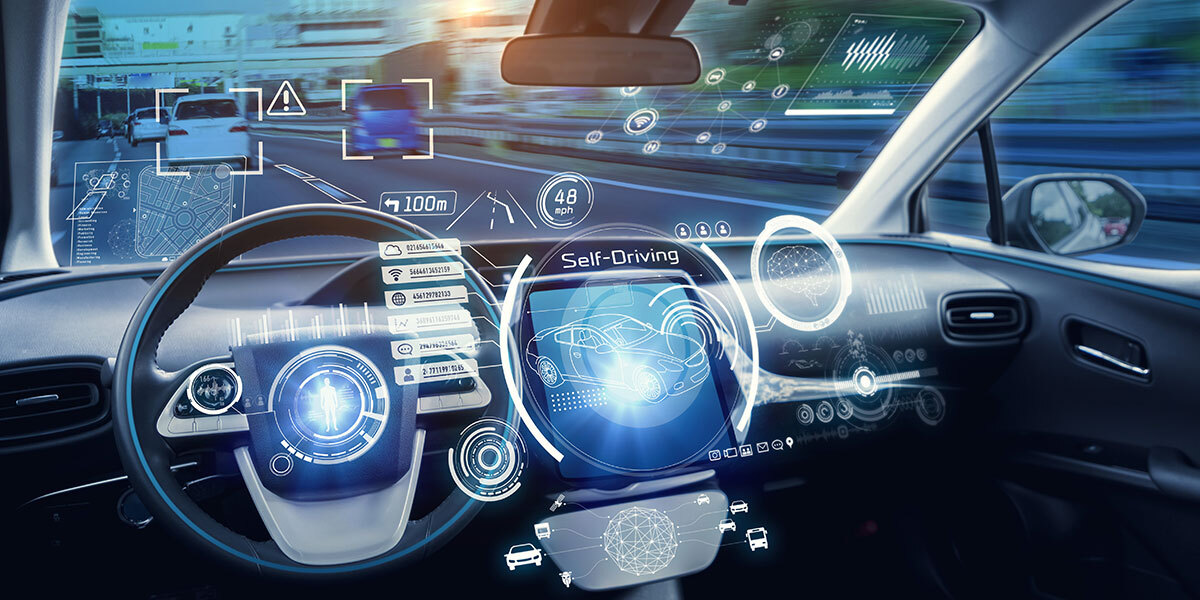AI in automobiles refers to the use of artificial intelligence techniques to enhance the performance and functionality of vehicles. This can involve using machine learning algorithms to allow the vehicle to adapt and improve its performance over time, as well as using natural language processing to enable the vehicle to understand and respond to commands given in human language.
One common application of AI in automobiles is in the development of autonomous or self-driving vehicles. These vehicles use a variety of sensors, such as lidar, radar, and cameras, to perceive their environment and navigate roads without the need for human input. AI algorithms are used to process the data from these sensors and make decisions about how to safely operate the vehicle.
Other applications of AI in automobiles include the use of machine learning algorithms to optimize fuel efficiency and performance, as well as the development of advanced driver assistance systems (ADAS) that can assist the driver with tasks such as lane keeping, collision avoidance, and parking.
There are also many challenges and limitations to using AI in the automotive industry, such as the need to ensure the safety and reliability of autonomous vehicles, as well as addressing concerns about the potential impact on employment and the potential for misuse of the technology. Despite these challenges, the use of AI in the automotive industry is an active area of research and development, and is likely to continue to play an important role in the future of transportation.

